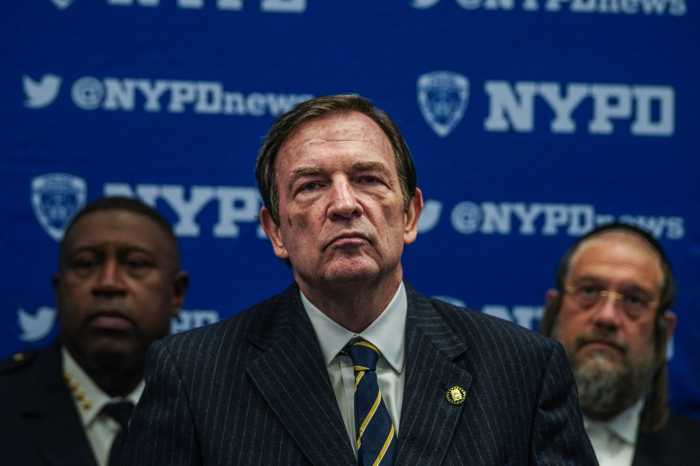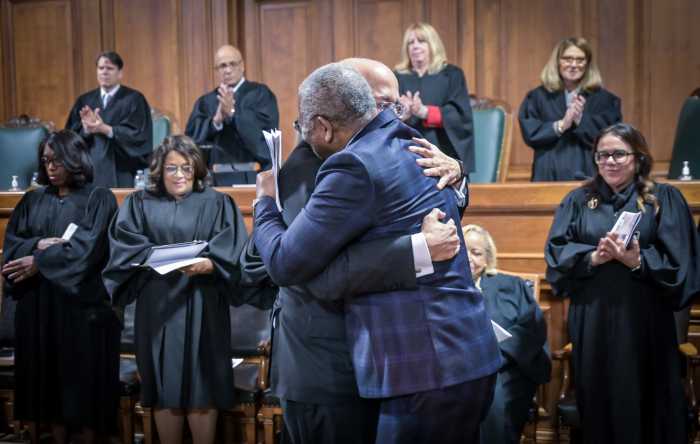Not to glom on, but we need to talk about workplace relationships, the issues they raise, and some guidelines for how to deal with them. Ignorance of sexual harassment laws can end up being very expensive.
The Legal Standards
By definition, sexual harassment is unwanted verbal or physical conduct of a sexual nature; and it is a form of gender discrimination. In the federal system, the behavior has to be “severe and pervasive” to be actionable. “Petty slights and trivial inconveniences” are excused. In New York however, the standard is much lower: Someone must just be “treated differently” because of their gender to be considered harassed. And when you are talking about a relationship with a CEO where the power dynamic is skewed by definition, the inevitable question is, can anything truly be “wanted” or “consensual”? Executives or not, the latest relationship in the headlines was between the CEO and a subordinate, the very power dynamic that these laws are designed to protect workers against. There are serious risks employers need to know.
First and foremost, employers’ teams must understand what constitutes harassment under the law – and that an employee’s title and status and power imposes obligations on them that both they and their employer must understand. Taking the time to engage in thorough training and to make every employee aware of what constitutes legal harassment earns its return in the millions, and has the potential to save careers.
These Relationships Impact the Entire Workforce
Harassment laws are not just about protecting the people involved in the relationship. It’s about that relationship’s impact on the rest of the workplace and the obligations the employer has under federal, state, and city laws to all employees. The disparate impact or hostile environment suffered by someone at work can be the result of some else’s relationship or behavior.
On the most obvious level, two people getting cozy at work – especially when they are both bosses and one of them is the chief – can make people uncomfortable. It is considered an exposure to inappropriate “sexual” behavior. Legally, it may be found hostile and harassing.
On a less patent level, there is the problem of favoritism, or even the perception of it. If the boss’s girlfriend is suddenly getting considerations or incentives that others are not, an employer becomes open to charges of disparate impact and discrimination. Even if others only perceive that someone is getting preference because they are involved in a romantic relationship with the boss exposes the employer to liability.
Where Does the Workplace End and Their Personal Life Begin?
The problem is, it really doesn’t. This leaves the potential for an employer to be held accountable for how their people act almost anytime, anywhere, if they are in the company of people from work. This is particularly dangerous when one of the employees outranks the other. If a boss is harassing after the holiday party – late at night, at another location on the other side of town – the employer is still exposed to liability for that person’s behavior.
What Happens When the Relationship Ends?
Even if a couple who works together overcomes the impact on their colleagues, and their off-site behavior doesn’t bleed into the office, and the employees date happily for many years, as soon as it is over, the employer is left with a toxic combination. A break-up is bound to make the former couple’s working together more difficult. A break-up is bound to be felt by everyone around the former couple. And a break-up means that at least one of the people in that relationship will always have the fact that they broke up with the other as a reason to blame if they feel treated differently or retaliated against. Allowing intra-office relationships is a lose-lose-lose for the employer.
So How Should Employers Deal With Workplace Romance?
There are two approaches to how employers handle workplace romances: Outright prohibition and reporting requirements.
Non-fraternization policies prohibit workplace relationships. Period. When and if one develops, one of the parties has to leave the company. Disclosure of the relationship requires employees to inform the company about a relationship. One may recall CNN President Jeff Zucker was forced to resign in 2022 for failing to disclose his relationship in violation of company policy.
If an employer chooses to allow reported romances, there needs to be an understanding among the parties that protects the employer. Whichever approach is chosen, however, employers need to make sure the policy is clear, the consequences are enforced, and that annual training includes consensual relationships and management obligations.
Relationships between co-workers create risks for everyone involved and must be actively addressed.
Rachel Demarest Gold has been serving Abrams Fensterman as a partner since 2016 and has worked in the labor and employment, criminal, government litigation, and law and policy practice groups.






































